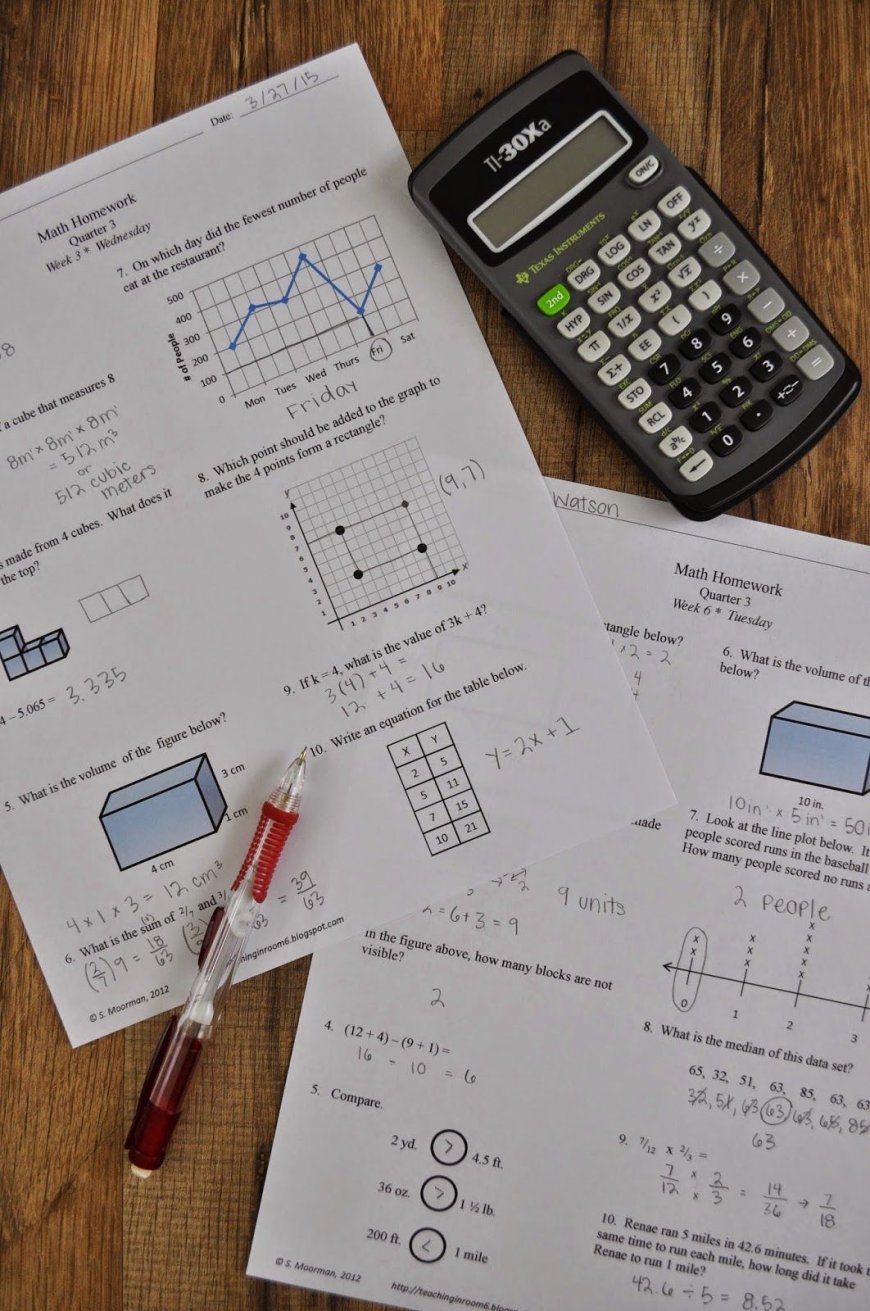7 Picks to Improve Math Skills for Students
Boost math skills with these 7 practical tips: practice daily, use visual aids, play math games, seek help, set goals, apply real-world math, and stay positive!

Introduction
Mathematics is often considered a difficult subject by students, but in reality, it is the language of logic, reasoning, and problem-solving. With the right strategies and consistent practice, students can not only overcome the fear of math but also excel in it. Improving math skills is not about rote memorization but about understanding patterns, applying formulas, and building confidence.
History of Math Learning Approaches
Traditionally, math education focused on memorizing tables, formulas, and solving repetitive problems. However, over time, educators recognized the importance of logical reasoning, visualization, and real-life application of math concepts. With the integration of technology and new teaching methods, math learning has become more engaging and solution-oriented.
7 Picks to Improve Math Skills
Practice with Real-Life Problems
Applying math to everyday scenarios, such as shopping budgets, measurements, or travel distances, helps students see its practical value.
Use Logical Formulas and Shortcuts
Learning formulas is important, but understanding their logic makes solving problems easier. Shortcuts like Vedic math can also improve speed.
Break Down Complex Problems
Divide larger problems into smaller, manageable steps. This reduces confusion and increases accuracy.
Visualization Techniques
Diagrams, graphs, and charts make abstract math concepts easier to understand, especially in geometry, algebra, and statistics.
Daily Math Practice
Spending at least 20–30 minutes daily on math problems helps sharpen skills and strengthen memory.
Interactive Tools and Apps
Online platforms, quizzes, and apps make math practice fun, engaging, and effective.
Study with Peers and Mentors
Group studies and guidance from mentors help clear doubts quickly and expose students to different problem-solving techniques.
Key Points and Study Tips
-
Understand the logic behind every formula.
-
Practice step-by-step problem-solving.
-
Revise regularly to strengthen concepts.
-
Attempt mock tests to build exam confidence.
-
Focus on weak areas instead of avoiding them.
Importance and Significance
Strong math skills improve analytical thinking, logical reasoning, and decision-making abilities. They are also crucial for careers in engineering, finance, data science, AI, and research. Math builds problem-solving confidence that extends beyond academics.
Advantages
-
Enhances logical and critical thinking.
-
Improves academic performance.
-
Builds confidence in exams and real-life problem solving.
-
Opens career opportunities in science, technology, and finance.
Disadvantages
-
Over-dependence on shortcuts may affect conceptual clarity.
-
Fear of failure can discourage students from attempting problems.
-
Lack of proper guidance may lead to confusion.
Positive and Negative Aspects
On the positive side, math improves discipline, focus, and problem-solving skills. On the negative side, without proper strategies, students may feel stressed, leading to low confidence in the subject.
Final Thoughts and Conclusion
Improving math skills is not a one-day process but a gradual journey of practice, logic, and confidence-building. By applying logical formulas, practicing daily, and embracing real-world applications, students can transform math from a fearsome subject into a fascinating one. The key is consistency and the willingness to approach problems with patience and curiosity.
???? With these 7 strategies, students can master math step by step and unlock doors to both academic success and real-life problem-solving.

 Ellofacts
Ellofacts 





